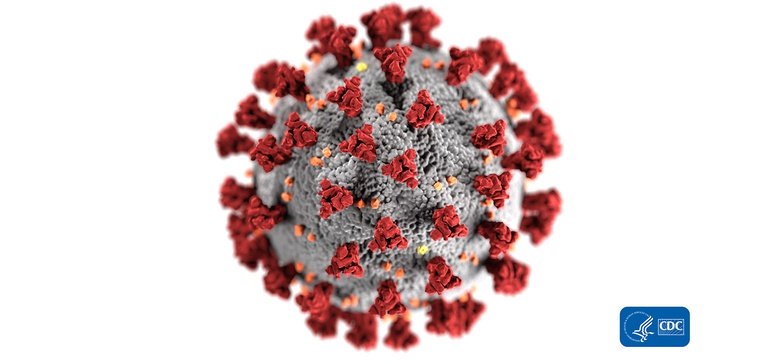
From the Delta variant front:
- The Wall Street Journal offers a helpful set of FAQs on the Delta variant of COVID-19.
- The Journal also reports that “President Biden is expected to announce Thursday that his administration will require federal employees to get vaccinated or be regularly tested for Covid-19, according to a person familiar with the discussions. * * * The person familiar with the situation said no decision has been finalized, and the policy is still under review. The person said the administration is also strongly considering more stringent masking protocols for unvaccinated federal workers. Such policies could affect millions of workers, depending on which categories of employees were included.
- Federal News Radio writes out a laundry list of “tricky legal questions” posed by the vaccine mandate, according members of the bar. The FEHBlog expects that the courts will resolve these questions in the government’s favor expeditiously.
- Bloomberg reports that vaccinations rates are up sharply in the areas of the country where the Delta variant is running amuk. In the end you can count on common sense prevailing.
- The Journal also informs us that “Protection against symptomatic Covid-19 from Pfizer Inc. and partner BioNTech SE’s vaccine diminished over time but remained strong after six months, according to data released by the companies Wednesday. The efficacy of the vaccine protecting against symptomatic disease dropped every two months, to 84% after six months from a peak of 96% within two months of vaccination, a decline that may add urgency to Pfizer’s push to administer an additional dose to maintain protection. The companies reported that cumulatively the vaccine was 91% effective at preventing symptomatic Covid-19 during the first six months, in line with the analysis that was first reported earlier this year.”
On the new drug / drug research front
- The Food and Drug Administration today approved for marketing “the first interchangeable biosimilar insulin product, indicated to improve glycemic control in adults and pediatric patients with Type 1 diabetes mellitus and in adults with Type 2 diabetes mellitus. Semglee (insulin glargine-yfgn) is both biosimilar to, and interchangeable with (can be substituted for), its reference product Lantus (insulin glargine), a long-acting insulin analog. Semglee (insulin glargine-yfgn) is the first interchangeable biosimilar product approved in the U.S. for the treatment of diabetes. Approval of these insulin products can provide patients with additional safe, high-quality and potentially cost-effective options for treating diabetes.” Outstanding.
- The National Institutes of Health (NIH) announced that “Researchers have identified a cellular defect common to familial and sporadic forms of ALS [/ Lou Gehrig’s Disease]. The NIH-funded study may point to possible therapeutic target for the disease.” Encouraging.
In other NIH news, the director of the National HEAL Initiative provides an update on the program’s efforts. She describes her program as follows:
HEAL’s mission is to find scientific solutions to help end addiction long-term. And although this goal is concrete, it’s not always simple. We recognize that people face real-world challenges accessing high-quality care for pain and addiction, and our research needs to take this into account. As I’ll describe in the post, HEAL is funding several studies to accelerate research to practice to improve health, as well as to prevent unnecessary loss of life from overdose.
Good luck with that worthy effort.
In FEHB news, Reg Jones has posted a Fedweek column on children’s benefits under the program.
Healthcare Dive continues to report on second quarter financial reporting from health insurers. Today, Humana reported. According to Healthcare Dive,
Non-COVID-19 medical use bounced back faster than expected during the second quarter, Humana executives told investors Wednesday. The insurer was able to post net income of $588 million as COVID-19 treatment costs for its members fell faster than anticipated, compared to $1.8 billion a year ago as patients deferred care amid the pandemic.
Humana, which insures a large portion of seniors through Medicare, did disclose that is has noticed COVID-19 admissions increasing in recent weeks, a potentially troubling sign.
The payer experienced robust membership growth in its Medicaid business while it reported declines in the fully-insured commercial segment. Overall, total medical membership was up slightly compared to the prior-year period.
